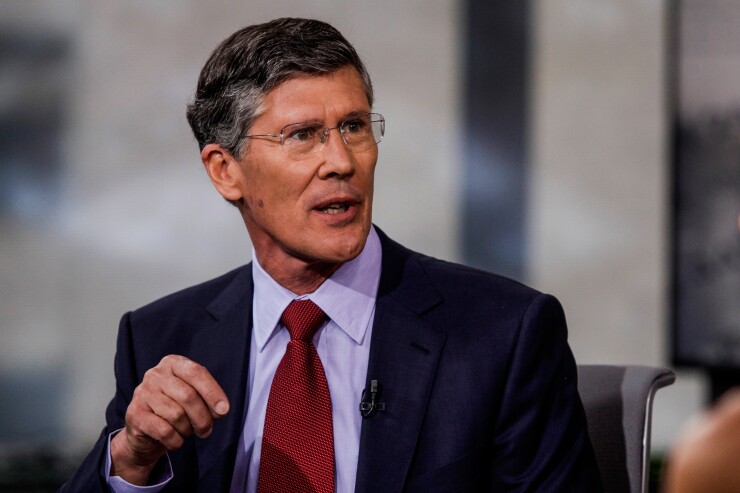Receiving Wide Coverage ...
American Dream deferred: “Affordability challenges [are taking] a bigger toll on American aspirations of homeownership,” the Wall Street Journal reports. Twenty percent of renters say they aren’t interested in buying a home, according to a Freddie Mac survey. That’s up from 17% last August and 13% in 2016. Additionally, two-thirds of those surveyed say they plan to continue renting, up from 59% two years ago.
“Housing is becoming less and less affordable. Renting is perceived to be the more affordable housing option,” said David Brickman, head of Freddie Mac’s multifamily unit.
Here’s one big reason why: The average monthly mortgage payment has climbed nearly 13%, or about $168 a month, over the past year, as a result of rising interest rates, according to Realtor.com. For luxury homes, the average increase is $241 a month.
For those able to take the plunge into homeownership, the Washington Post is warning them to be careful when using the Internal Revenue Service’s tax transcript program when applying for a mortgage. According to the Treasury Department’s Inspector General for Tax Administration, the program lacks adequate security protections to prevent unauthorized people from seeing applicants’ tax-return details.
Wall Street Journal
Back at you: In a letter to the editor, Mick Mulvaney, the acting director of the Consumer Financial Protection Bureau, writes to “correct misrepresentations” made by Sen. Elizabeth Warren against him in her earlier op-ed piece. “If Sen. Warren is unsatisfied with my responses to her frequent inquiries, I would remind her that she is the one who conceived of the bureau to be ‘[f]ree of legislative micromanaging’ and who recently reiterated that ‘the whole idea’ of the Bureau was to ‘insulate it from political influence to the extent possible.’ By amending the Dodd-Frank Act, Congress can bring permanent accountability and transparency to the bureau. I invite Sen. Warren and other Democrats in Congress to join Republicans in this effort.” Rob Blackwell, editor-in-chief of American Banker, critiques Mulvaney's plan.
Financial Times
All in: John Thain’s nomination to Deutsche Bank’s supervisory board shows the German bank is committed to its “struggling” investment bank division, “which is suffering from falling revenues and bloated costs.” The bank said Wednesday that Thain, a former CEO of Merrill Lynch and the New York Stock Exchange, and three other people would be recommended to shareholders at the bank’s annual meeting next month. The board changes come amid a disagreement between Deutsche’s chairman Paul Achleitner, who is defending the unit, and CEO John Cryan, who reportedly favors “more radical cuts” to it.
Passive investor: U.S. national security regulators demanded that SoftBank give up day-to-day control of Fortress Investment Group before it approved the Japanese company’s acquisition of the private equity firm last year. SoftBank’s agreement with the Committee on Foreign Investment “means that the company led by Masayoshi Son has limited say in how Fortress manages its $38 billion in assets,” the paper says. SoftBank has “economic ownership of Fortress and not much else,” according to one person close to the situation.
Quotable
“The nomination of [John] Thain suggests that investment banking in the U.S. will remain at the heart of Deutsche’s strategy.” — Ingo Speich, a fund manager at Union Investment, which owns shares in Deutsche.






